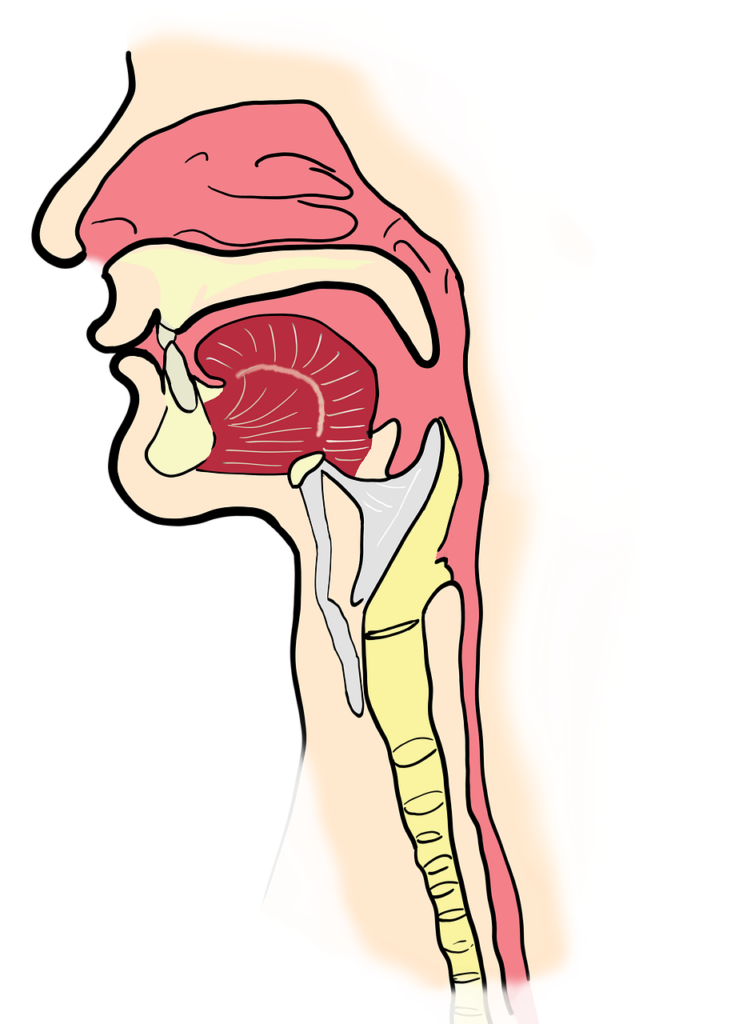Sinus Infection Treatment At TruCare Urgent Care
If you’ve ever experienced the throbbing pain, stuffy nose, and pressure around your eyes or forehead, then you know how miserable a sinus infection can be. Sinus infections are common and affect millions of people every year. They can disrupt your daily routine by causing discomfort and making it difficult to breathe. Fortunately, there are many treatment options available that can help alleviate the symptoms of a sinus infection. In this blog post, we’ll take a closer look at what causes sinus infections, their symptoms, as well as effective treatments for them so that you can get back to feeling like yourself again!
Symptoms of a Sinus Infection
When you have a sinus infection, it can be difficult to know what is causing your symptoms. The first signs of a sinus infection are often similar to those of the common cold or allergies. These include nasal congestion, runny nose, and postnasal drip.
As the infection progresses, there may be additional symptoms that develop. One common symptom is facial pain or pressure around the eyes, cheeks, and forehead. You may also experience headaches or toothaches that seem to come from nowhere.
Other potential symptoms of a sinus infection include fatigue, fever, and coughing. If you notice any of these signs in combination with your other symptoms – particularly if they last for more than 10 days – it’s important to seek medical attention.
It’s worth mentioning that not everyone will experience all these symptoms when they have a sinus infection. Some people might only exhibit one or two while others could have several at once. This is why it’s important to pay close attention to how you feel and report any unusual changes in your health as soon as possible!
Causes of a Sinus Infection
Sinus infections, also known as sinusitis, can be caused by various factors. Understanding the common causes can help you take preventive measures and seek treatment when needed.
One of the primary causes of sinus infections is a viral infection, such as the common cold or flu. These viruses can inflame the nasal passages and cause mucus build-up in your sinuses, leading to an infection.
Bacterial infections are another common cause of sinusitis. When bacteria invade your sinuses and multiply, they create inflammation and congestion that result in an infection.
Allergies may also lead to sinus infections. Exposure to allergens like pollen, dust mites, or pet dander can trigger an immune response that results in swelling of the nasal passages.
Nasal polyps or structural abnormalities within the nose can obstruct airflow and create an environment where germs thrive – ultimately causing a sinus infection.
Weakened immune systems due to conditions like diabetes or HIV make individuals more susceptible to developing sinus infections.
Treatment for a Sinus Infection
When it comes to treating a sinus infection, there are several options available depending on the severity of your symptoms. Over-the-counter pain relievers like ibuprofen or acetaminophen can help alleviate discomfort and reduce fever.
Nasal decongestants in the form of sprays or drops may also be recommended to relieve congestion and promote drainage. However, it’s important to note that these should not be used for more than three days as they can cause rebound congestion.
For those with persistent symptoms or severe infections, antibiotics may be prescribed by a healthcare provider. It’s crucial to take the full course of antibiotics as directed even if you start feeling better before finishing them.
In addition to medication, other remedies such as humidifiers and saline nasal rinses may provide relief for some individuals. And staying hydrated by drinking plenty of fluids is always beneficial when fighting off an infection.
Proper treatment for a sinus infection will depend on individual circumstances and consulting with a healthcare provider is always recommended for accurate diagnosis and appropriate treatment plan tailored to your needs.
When to See a Doctor for a Sinus Infection
If you are experiencing a sinus infection, it’s important to be aware of when it may be time to see a doctor. While most cases can be treated at home with over-the-counter medications and self-care practices, there are situations where medical attention is necessary.
One sign that you should seek medical attention for your sinus infection is if your symptoms persist or worsen after several days of self-treatment. This could indicate a more severe infection or other underlying health issues.
Additionally, if you experience any complications such as high fever, severe headache, facial swelling or eye redness and pain; this could mean the sinuses have become infected beyond what home remedies can fix. In these cases urgent care may even be needed.
Those who have weakened immune systems due to an illness like HIV/AIDS are also at higher risk for complications from sinus infections and should seek medical advice promptly.
While some people may choose to wait out their symptoms before seeing a doctor; in some cases, early recognition and treatment would make all the difference in preventing potentially serious complications.
Prevention of Sinus Infections
By following the tips for prevention and seeking timely treatment, sinus infections can be effectively managed. It’s important to take care of your sinuses to prevent them from becoming infected in the first place. Keeping your environment clean and free from irritants, staying hydrated, avoiding allergens, and practicing good hygiene are all essential steps you can take to reduce your risk of developing a sinus infection.
If you do happen to develop a sinus infection despite these measures, don’t hesitate to seek medical attention. At TruCare Urgent Care, we’re here to provide fast and effective treatment for sinus infections so that you can get back on track with your daily life as soon as possible.


